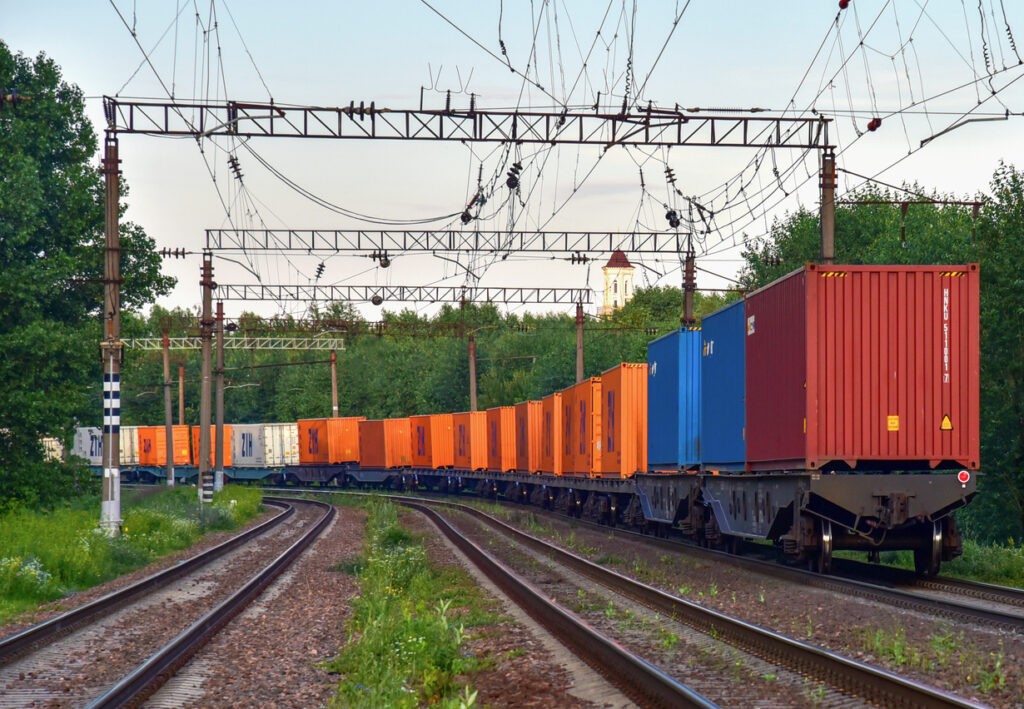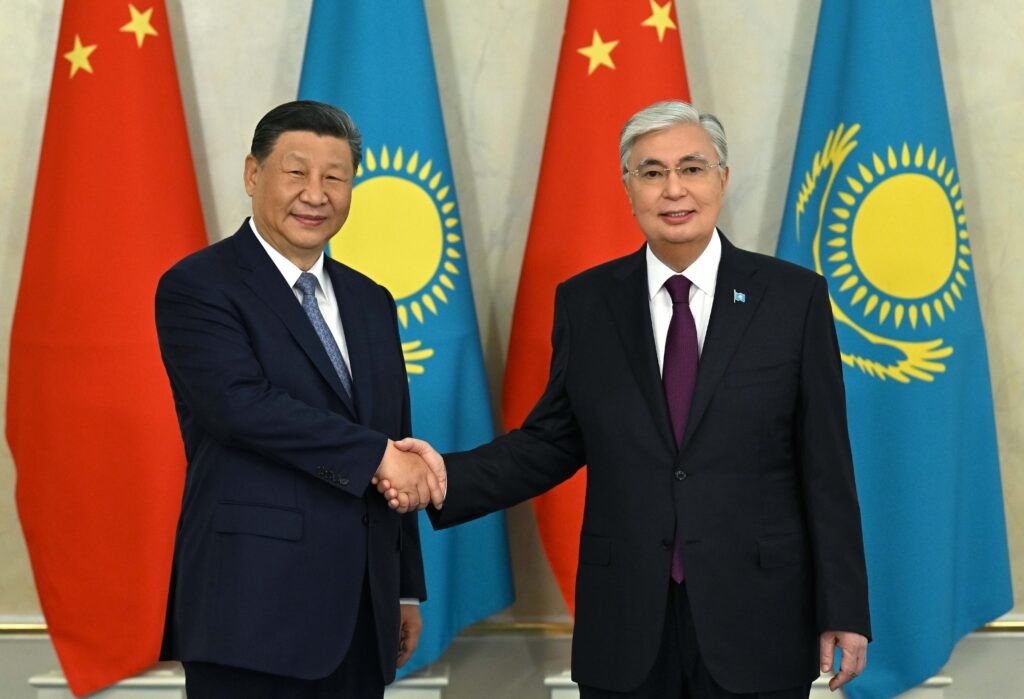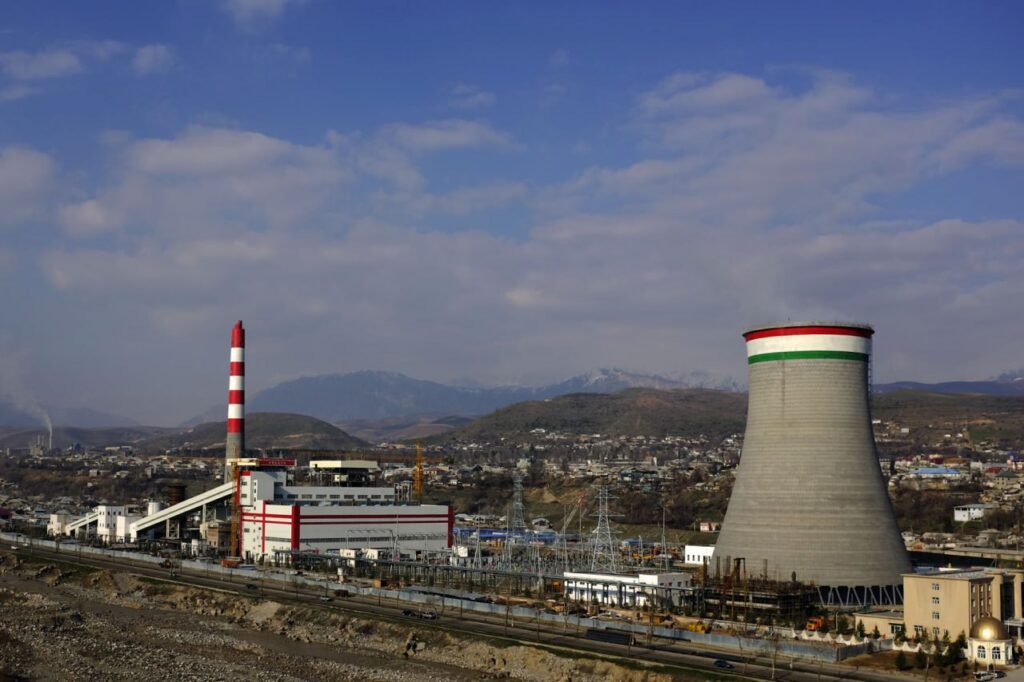China the Largest Market for Kazakhstan’s Agricultural Products
The Kazakh minister for agriculture, Aidarbek Saparov, has named China the largest market for Kazakhstani agricultural products. Kazakhstan mainly exports grain and oilseeds to China, and imports Chinese vegetables and nuts. In 2023 Kazakhstan’s agricultural exports to China doubled and reached $1 billion. In the first five months of this year, bilateral agricultural trade increased by 14%. It reached $540 million, including Kazakhstan’s exports at $380 million. Kazakhstan has signed protocols with China on the export of 27 types of agricultural products to the Chinese market, including 18 types of crop products and nine types of livestock products. Currently, nine Kazakh companies export livestock products, and 728 companies export crop products. They are waiting to be included in China’s importers register. Kazakhstan's agriculture ministry has signed a protocol with China's customs service to harmonise veterinary requirements for the export of various types of animals and livestock products, including cattle skins, dry mare's milk, frozen poultry products, horse meat, offal obtained from slaughtering animals, meat products that have undergone high heat treatment, as well as chilled beef and lamb. Saparov noted that Kazakhstan is among the world’s top 25 food exporters, exporting Kazakh agricultural products to 80 countries. Over the past five years its agricultural exports have doubled, reaching $5.4 billion. “We intend to continue increasing these figures. In the context of a growing food deficit [in the world], our country seeks to double agricultural exports by 2029,” he said, adding that Kazakhstan is changing the structure of agricultural exports, giving preference to deeply processed products, the exports of which have doubled over the past five years, reaching $2.3 billion.






